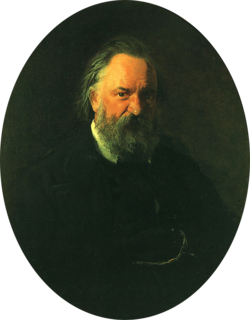A Quote by Benjamin Graham
In the old legend the wise men finally boiled down the history of mortal affairs into a single phrase: 'This too will pass.'
Related Quotes
If the general attitude of Canadians toward their mighty neighbor to the south could be distilled into a single phrase, that phrase would probably be "Oh, shut up." The Americans talked too much, mainly about themselves. Their torrid love affair with their own history and legend exceeded-painfully-the quasi-British Canadian idea of modesty and self-restraint. ... They were forever busting their buttons in spasms of insufferable yahoo pride or all too publicly agonizing over their crises.
I think we think that parenthood is confined to the country of mothers, but I think a lot of the men I've spoken to and the men who have read my books - I've been surprised by this actually - have a fierce attachment to being parents and to being fathers. And just as we, a lot of women I know, want this, men too want to pass down what they have to pass down.
Art thou in misery, brother? Then I pray Be comforted. Thy grief shall pass away. Art thou elated? Ah, be not too gay; Temper thy joy: this, too, shall pass away. Art thou in danger? Still let reason sway, And cling to hope: this, too, shall pass away. Tempted art thou? In all thine anguish lay One truth to heart: this, too, shall pass away. Do rays of loftier glory round thee play? Kinglike art thou? This, too, shall pass away! Whate'er thou art, wher'er thy footsteps stray, Heed these wise words: This, too, shall pass away.
The heart of Christianity is a myth which is also a fact. The old myth of the Dying God, without ceasing to be myth, comes down from the heaven of legend and imagination to the earth of history. It happens - at a particular date, in a particular place, followed by definable historical consequences. We pass from a Balder or an Osiris, dying nobody knows when or where, to a historical Person crucified (it is all in order) under Pontius Pilate. By becoming fact it does not cease to be myth: that is the miracle.
I would not say that old men grow wise, for men never grow wise; and many old men retain a very attractive childishness and cheerful innocence. Elderly people are often much more romantic than younger people, and sometimes even more adventurous, having begun to realize how many things they do not know.




































